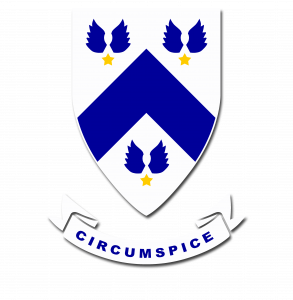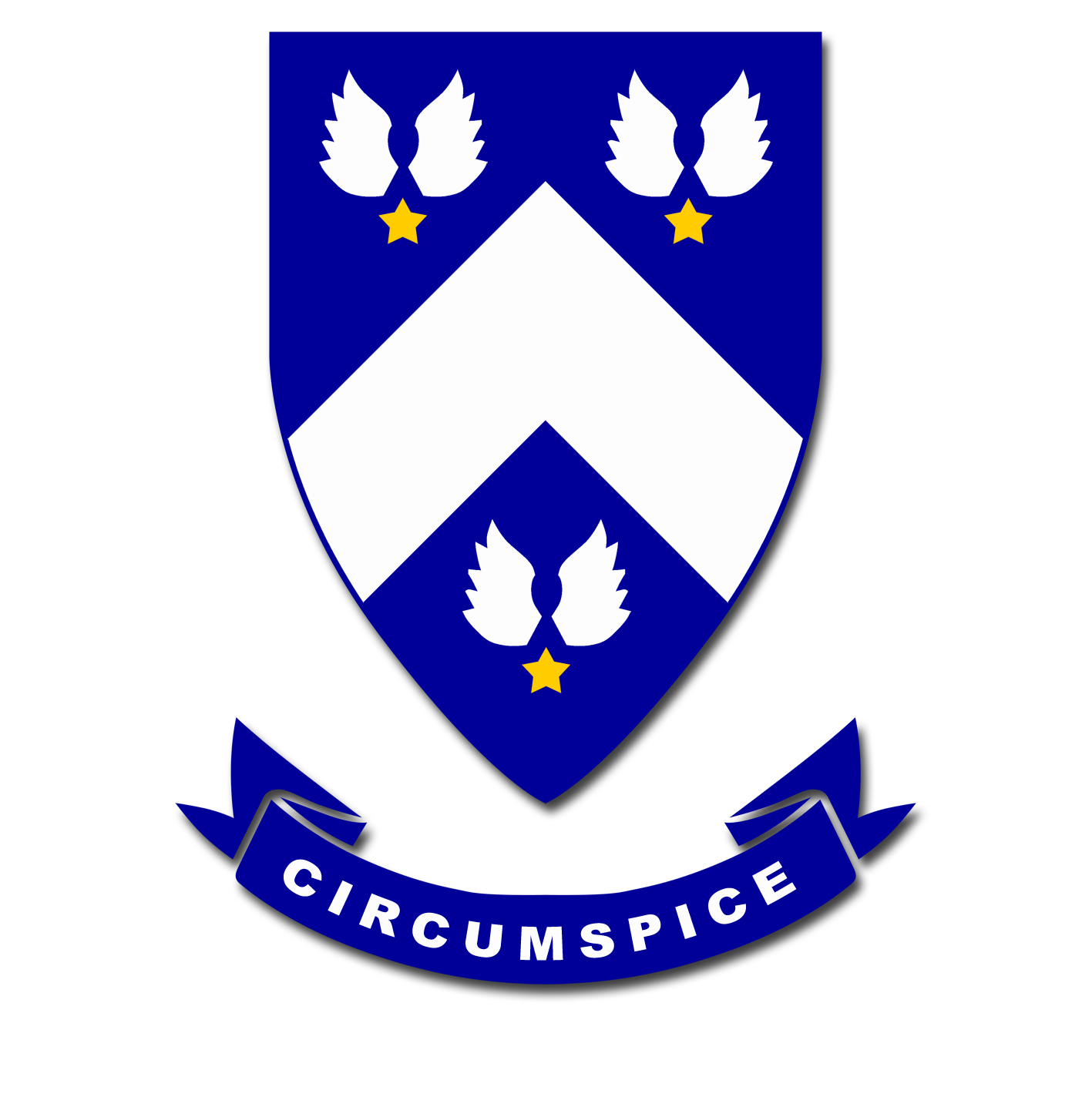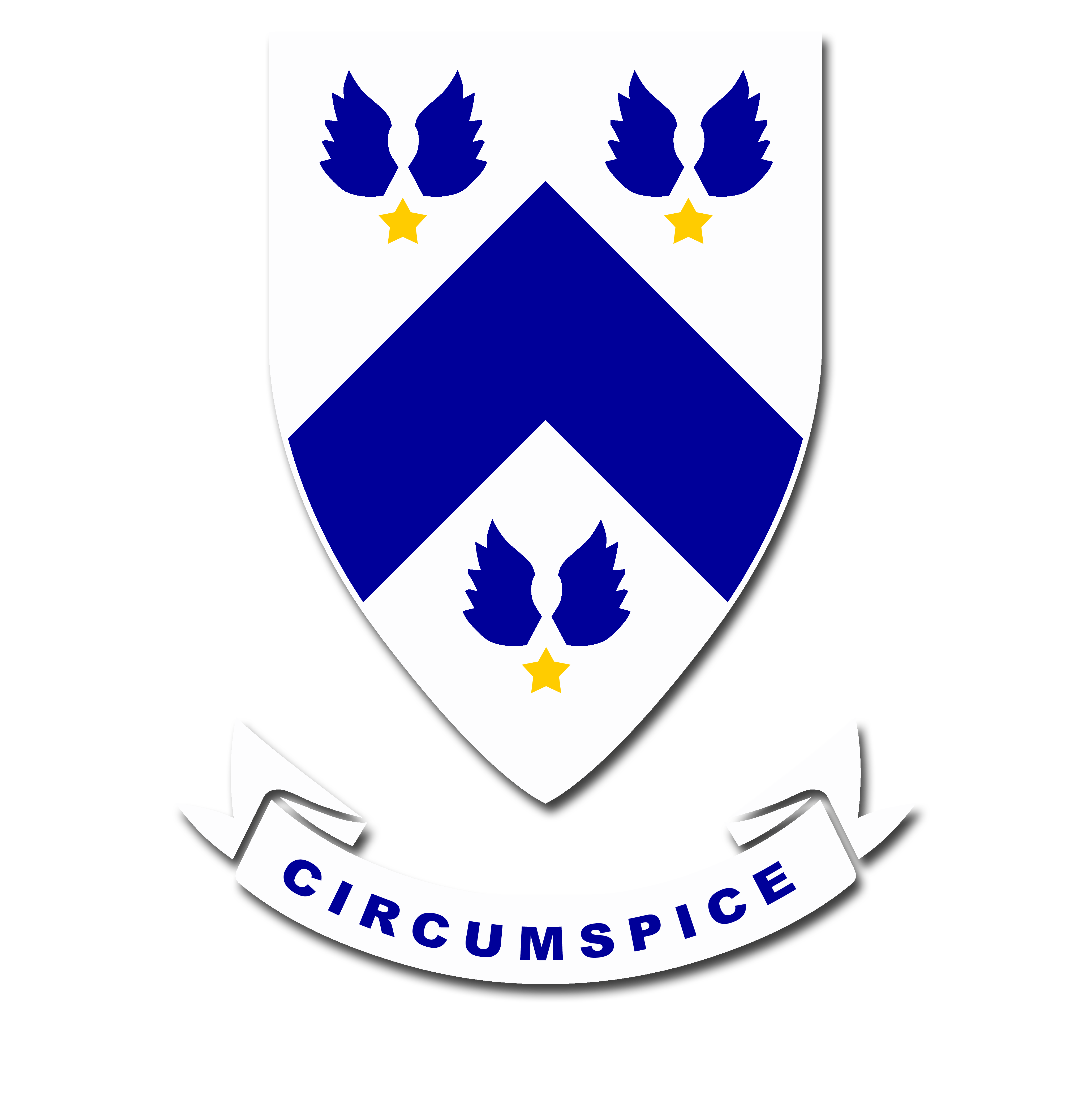BYOD
Hillcrest High School students are recommended to bring a digital device to school to support and enhance their learning. Digital devices will not replace conventional teaching and learning methods but instead complement them by creating new learning opportunities.
The device needs to be suitable for word processing and editing documents, manipulating photos, collaborating online and using internet resources and tools. Devices suitable for this purpose are Chromebook, Laptop, Ultrabook, or MacBook. Smartphones, iPads or other tablet devices are NOT suitable for our learning programmes. Devices need to be highly portable and have a long battery life. Students will need to carry their devices from class to class every hour and will not be able to rely on having the time or a place to recharge their batteries during the day. The device must also be wireless and internet-capable, have a good warranty and be robust.
If your son/daughter is likely to take Digital Technologies Programming or Media into the senior school, you may wish to consider a higher specification device e.g. a laptop.
Chromebooks are available to buy at all major electronic outlets e.g. PB Technologies, Noel Leeming, JB Hi-Fi, Heathcote Appliances, Harvey Norman, etc.
What do we recommend?
The devices we recommend are Chromebooks or laptops. The advantages are:
Learning is not app-driven
Value for money – no unnecessary software costs
Consistency of user experience
USB Ports
Keyboard
Ergonomic
Hybrid Storage – cloud/offline
Easy to replace/repair
Fast start-up, long battery life
FAQs
Chromebooks are our recommended device for parents to purchase. However, if your son/daughter has a laptop which meets the device specifications this could be brought to school as an alternative. After exhaustive testing we have found that iPads are not conducive to the high level of productivity needed at high school level. Chromebooks and laptops are more robust than tablets and students using tablets this year have found it difficult to complete work, particularly when documents need to be edited or long reports need to be typed. Chromebooks and laptops are more ergonomically suitable for use for long periods of time and have a USB-port which allows a mouse or external hard drive to be connected.
A Chromebook or a laptop are the only devices suitable for use by students. The specifications are listed in the the devices section of this website.
Students have the option of renting a school locker for the year. In practical subjects such as Physical Education, lockers or secure areas will be provided for students to secure their device.
All students have access to the school Wifi. There is an extremely strong firewall/filter which is constantly updated to ensure the safety of all students. All Year 9 students complete a Digital Citizenship unit. A large part of that unit of work will be around how to stay safe online and behave as a positive digital citizen.
If parents/caregivers need to pay for a Chromebook over a period of time we recommend that you investigate normal retail channels such as Noel Leeming and Harvey Norman. We are also working with the WINZ managers of all our local branches who will be aware of our BYOD plans and will work with parents who receive WINZ support.
There is an expectation that stationery costs will be reduced. However, students will still need to come to school with paper, pens, etc, as it is blended e-learning i.e. a mix of traditional and e-learning pedagogy occurring in class.
Will students do all their work on a device or will they still need to write in exercise books, etc?
This depends on the subject, teacher, lesson, etc. Students will need to have exercise books, pens, etc, along with their device as it is blended learning, i.e. a mix of traditional and digital pedagogy occurring in class.
It depends. Chromebooks are connected using the student’s unique Hillcrest High School Google Account. Students will be accessing and storing documents using Schoology and Google Apps which stores and saves documents automatically online, however, work can be saved offline on their device as necessary.
Internet access at home would be extremely beneficial. The Chromebook does have enough memory capacity for documents to be downloaded and worked on offline. Students could download the documents they need for homework while at school, work on them without being connected to the internet and then they will be automatically uploaded online when they log onto the school Wifi the next day.
If your Chromebook is covered under warranty, you may be provided with a loan device from the company you bought it from while the device is being fixed. As the documents the students will be working on are cloud-based (i.e. not stored on the device, but stored on the internet) they can just log into any Chromebook with their student details and access their work. The school also has a cache of Chromebooks it can loan if there is downtime between the device failure and its subsequent repair.
The school has a number of Chromebooks available to loan to students. These can be borrowed from the library in the morning and returned at the end of the day.
As there is an expectation that there will in a reduction in the use of workbooks, the answer to this question is no. Chromebooks are lighter than most workbooks so we hope that your son/daughter’s school bag will in fact be lighter!
The New Zealand Qualifications Authority are working towards having all NCEA external exams online in the near future. All students will need to have high levels of traditional and digital literacy skills in order to be able to access these exams and achieve to their full potential.



